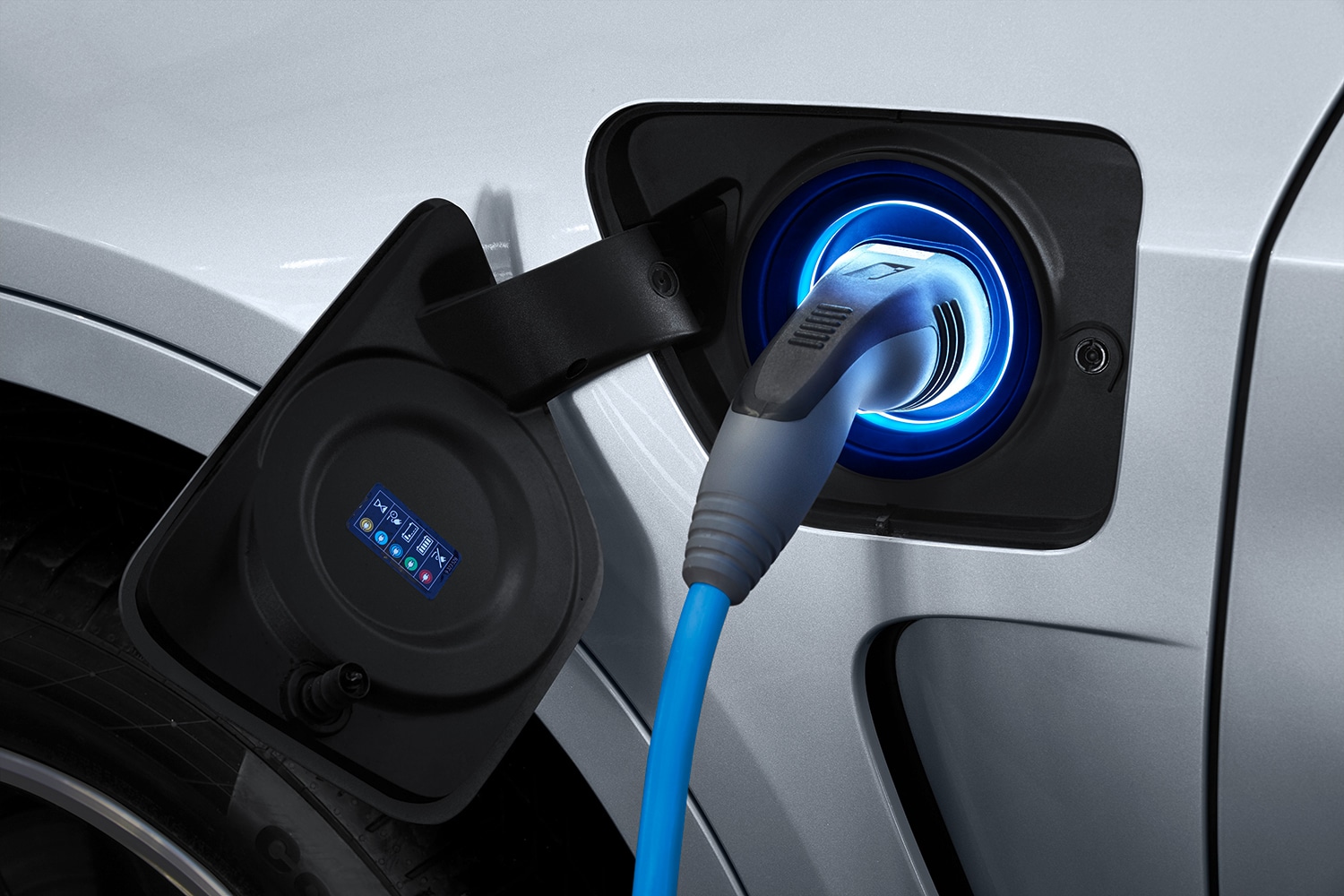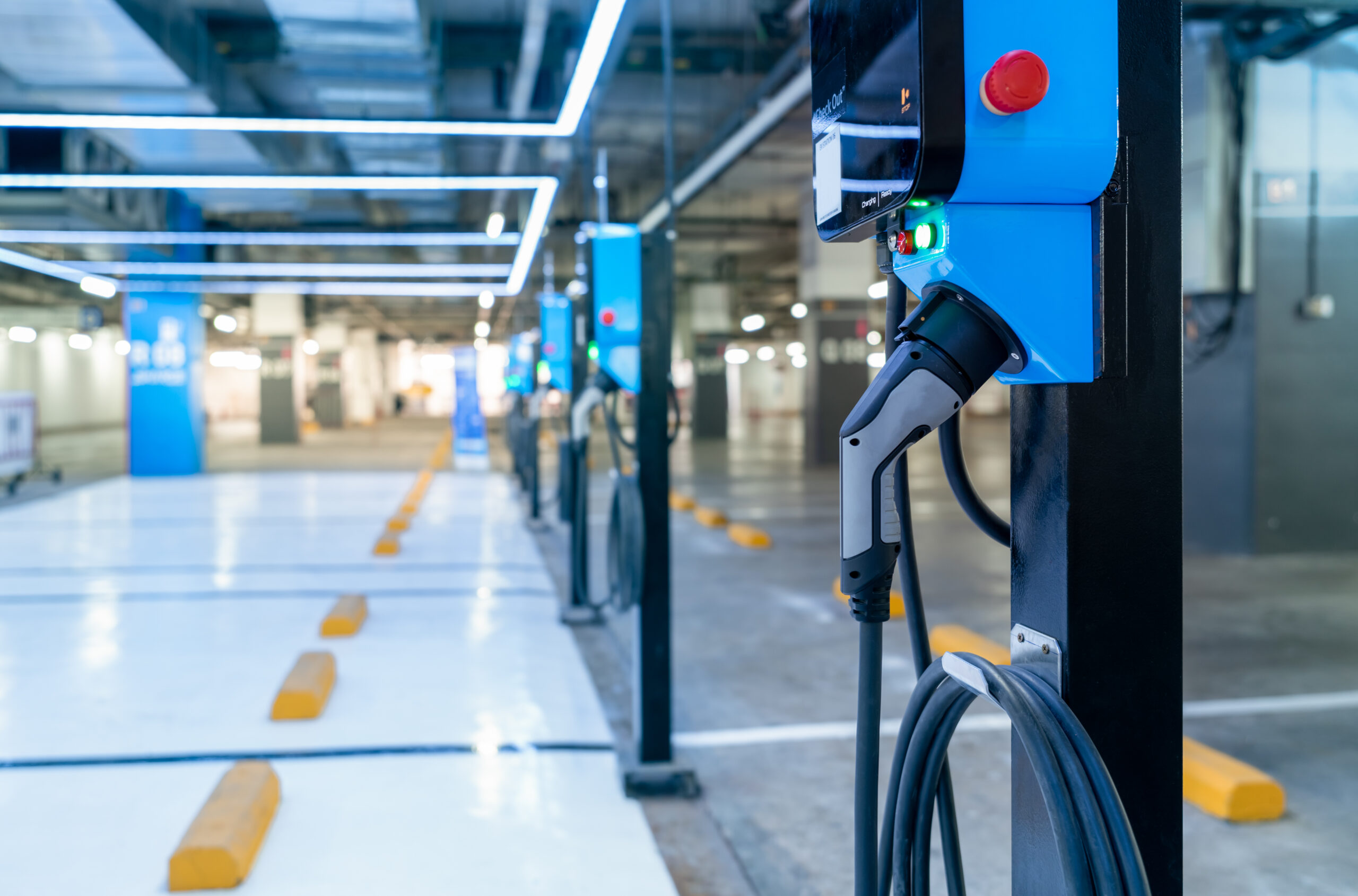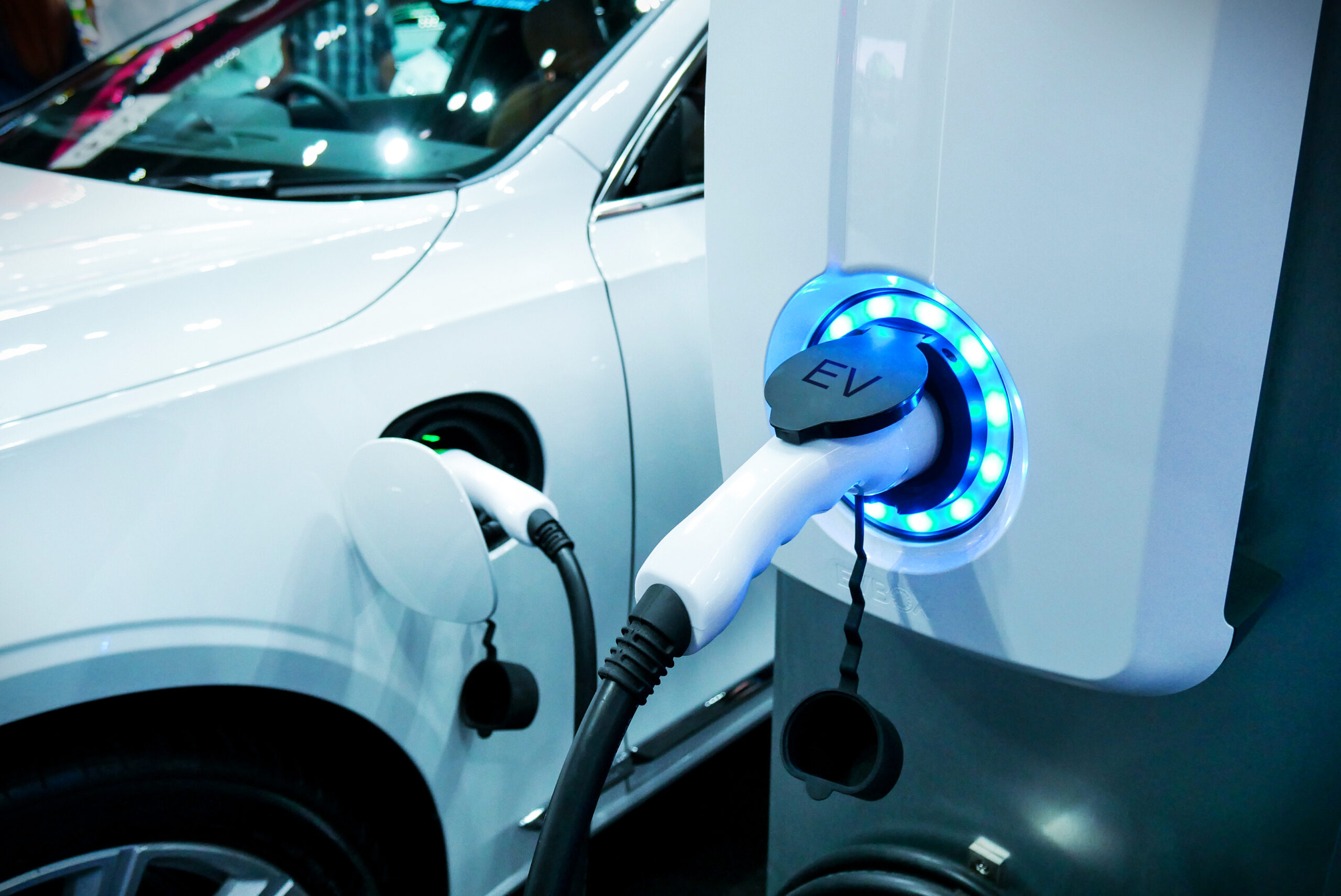EV Charging Solutions
More than 10 million electric cars were on the world’s roads in 2020 with battery electric models driving the expansion. In the United States, IHS Markit predicts there will be 130 available Battery Electric Vehicle (BEV) models by 2026, offered by 43 brands.
With the Increased interested in electric vehicles and city and state mandates for carbon emission reduction, it’s time to consider installing EV Charge Stations at your facilities to accommodate your employees and or clients.
Levels of Charging for Electric Vehicles
There are 3 standard charging levels used to charge electric cars. All electric cars can be charged with level 1 and level 2 stations. Level 3 chargers, also called DC Fast Charging (DCFC) or fast charging stations can charge an EV much faster.
- EV level 1 charging stations are typically used at your home (120V outlet), as they charge very slowly and not well suited when traveling.
- EV level 2 charging stations are more common at commercial charging stations (240V outlet) and charge vehicles 3-7 times faster than level 1 charging stations.
- EV level 3 charging stations, known as DCFC or DC Fast Chargers, are the quickest way to charge a vehicle. Obtaining an 80% charge within 30 - 60 minutes. However, not all electric vehicles can use level 3 charging stations, as the correct connector is required.
Electric Vehicle Charging Connectors Level 1 & 2 Connectors
- The most common connector is the SAE J1772 EV plug for level 1 and 2 charging. All EV’s in the US can charge using this plug, even Tesla cars as they come with an adapter.
Level 3 Connectors
- For fast charging, there is the CHAdeMO connector and the SAE Combo (also called CCS for “Combo Charging System”).
- These two connectors are not interchangeable, meaning a car with a CHAdeMO port cannot charge using an SAE Combo plug and vice versa.
- The third is the level 3 Supercharger for Tesla charging stations and only work with Tesla’s.
Clean Sky Energies can provide your business with level 2 and DC Fast Charging Stations with a combination of both charging types if required. Please contact us with any questions on how we can support your Electric Vehicle Charging needs.




